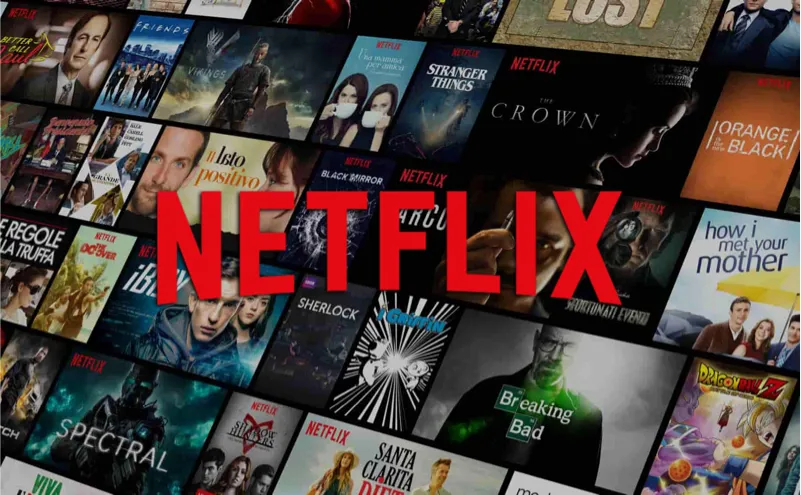Vietnamese telcos asked to review cooperation with foreign Pay-TV providers
Foreign radio and television service providers must obtain licenses to provide the services in Vietnam.
Vietnam's Ministry of Information and Communications (MIC) has asked local telecom operators to review their deals with six foreign video-on-demand service providers in Vietnam in order to enforce Decree 71, which came into effect last January.
According to the Authority for Broadcasting and Electronic Information (ABEI) under the MIC, the six online video service providers include Tencent, IQIYI, and Hunan from China, and Netflix, Apple, and Amazon from the US.
The ABEI stated that the purpose of the review was to determine how well the companies comply with Vietnamese laws and to ensure that their cooperation with cross-border service providers does not inadvertently result in their violation of Vietnamese laws.
Netflix is among the six foreign enterprises providing cross-border radio and television services in Vietnam. Photo: doanhnghiephoinhap.vn |
Citing Decree 71 of the Vietnamese Government on the Management, Provision and Use of Broadcasting Services, it stated that in order to provide video-on-demand services in Vietnam, foreign providers must first obtain a license.
The ABEI stated that as a result, "the MIC has held numerous conferences to disseminate the new regulations to domestic and foreign enterprises," and that in the future, the control of the operations of foreign companies providing cross-border video-on-demand services in Vietnam will be strengthened.
Netflix has reportedly said it will provide premium video streaming in Vietnam. IQIYI, Tencent, and Apple said they will only offer online movies there while Hunan and Amazon will not offer subscription video streaming services in the country, according to MIC.
As a result, the Ministry of Culture, Sports, and Tourism (MCST) would be responsible for regulating the content of movies streamed online by Netflix, Apple, Tencent, and IQIYI.
If the aforementioned firms fail to obtain the necessary permits to offer paid broadcasting services, or if they fail to comply with Vietnam's current regulations on online movie distribution, they would be banned from running advertisements on their services.
Earlier, Deputy Minister of MIC Nguyen Thanh Lam said that the new decree treats domestic and foreign service providers equally.
Decree 71, which will come into effect on January 1, 2023, is expected to ensure proper management of the broadcasting industry in line with global trends to promote the pay-TV market in Vietnam, Lam said.
The MIC has set a target to increase the number of pay-TV customers from 17 million to 25 million and annual revenue from VND9 trillion (US$383 million) to VND15 trillion (US$638.4 million) by 2025 as part of the strategy to strengthen the broadcasting sector.











